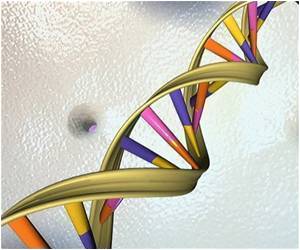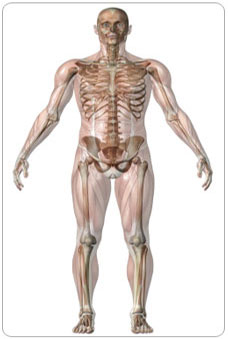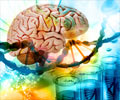A new compound holds promise for treating Duchenne muscular dystrophy and other inherited disorders.

In a new study, senior author Carmen Bertoni, an assistant professor in the UCLA Department of Neurology, first author Refik Kayali, a postgraduate fellow in Bertoni's lab, and their colleagues demonstrate the efficacy of a new compound known as RTC13, which suppresses so-called "nonsense" mutations in a mouse model of DMD.
The findings appear in the current online edition of the journal Human Molecular Genetics.
"We are excited about these new findings because they represent a major step toward the development of a drug that could potentially treat this devastating disease in humans," Bertoni said. "We knew that the compounds were effective in cells isolated from the mouse model for DMD, but we did not know how they would behave when administered in a living organism."
Nonsense mutations are generally caused by a single change in DNA that disrupts the normal cascade of events that changes a gene into messenger RNA, then into a protein. The result is a non-functioning protein. Approximately 13 percent of genetic defects known to cause diseases are due to such mutations. In the case of DMD, the "missing" protein is called dystrophin.
For the study, Bertoni and Kayali collaborated with the laboratory of Dr. Richard Gatti, a professor of pathology and laboratory medicine and of human genetics at UCLA. Working with the UCLA Molecular Shared Screening Resource facility at the campus's California NanoSystems Institute, the Gatti lab screened some 35,000 small molecules in the search for new compounds that could ignore nonsense mutations. Two were identified as promising candidates: RTC13 and RTC14.
The researchers also compared the level of dystrophin achieved to the levels seen with another experimental compound, PTC124, which has proved disappointing in clinical trials; RTC13 was found to be more effective in promoting dystrophin expression. Just as important, Bertoni noted, the study found that RTC13 was well tolerated in animals, which suggests it may also be safe to use in humans.
Source-Eurekalert
 MEDINDIA
MEDINDIA




 Email
Email










